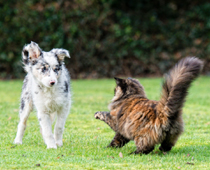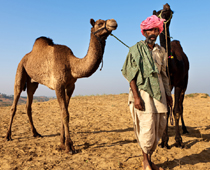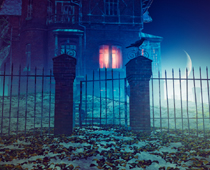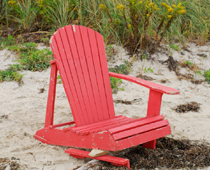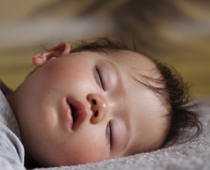
Ask the AI Tutor
Need help with Conjunctions - And or But? Ask our AI Tutor!
AI Tutor - Lucy
Connecting with Tutor...
Please wait while we establish connection
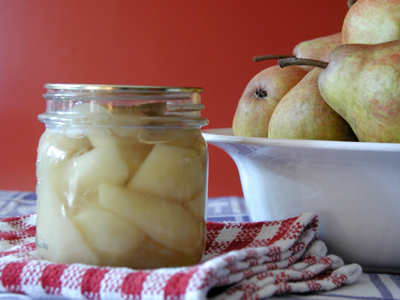
I like most fruit but I can't stand pears!
Conjunctions - And or But
Learn how and, or and but join ideas in KS1 English, helping your sentences sound smoother, clearer and more interesting to read and write.
1 .
2 .
3 .
Finish this sentence: 'I really enjoyed that hike...'
But I'm glad we climbed it quickly.
And I'm glad we climbed it quickly.
and I'm glad we climbed it quickly
and I'm glad we climbed it quickly.
If we joined the clauses with 'but' it would change the meaning. By using 'and' it means they are happy it was climbed quickly. If we wrote 'but,' then it means that although they enjoyed the hike - they're glad it's over and done with.
4 .
Finish this sentence: I like chocolate...
and it's bad for me.
but it's bad for me.
and it's bad for me
but it's bad for me
The first clause is 'I like chocolate'. We could end the sentence there but we then add to it by saying chocolate is bad. Because the second clause disagrees with us eating it, we use the word 'but'.
5 .
6 .
7 .
Finish this sentence: 'The computer was broken...'
but luckily she knew someone that could come and fix it.
but luckily she knew someone that could come and fix it
And luckily she knew someone that could come and fix it.
and luckily she knew someone that could come and fix it
The very first computers used were so large, one computer filled an entire room!
8 .
9 .
**Unlimited Quizzes Await You! 🚀**
Hey there, quiz champ! 🌟 You've already tackled today's free questions.
Ready for more?
Ready for more?
🔓 Unlock UNLIMITED Quizzes and challenge yourself every day. But that's
not all...
not all...
🔥 As a Subscriber you can join our thrilling "Daily Streak" against other
quizzers. Try to win a coveted spot on our Hall of Fame Page.
quizzers. Try to win a coveted spot on our Hall of Fame Page.
Don't miss out! Join us now and keep the fun rolling. 🎉
**Unlimited Quizzes Await You! 🚀**
Hey there, quiz champ! 🌟 You've already tackled today's free questions. Ready for more?
🔓 Unlock UNLIMITED Quizzes and challenge yourself every day. But that's not all...
🔥 As a Subscriber you can join our thrilling "Daily Streak" against other quizzers. Try to win a coveted spot on our Hall of Fame Page.
Don't miss out! Join us now and keep the fun rolling. 🎉




